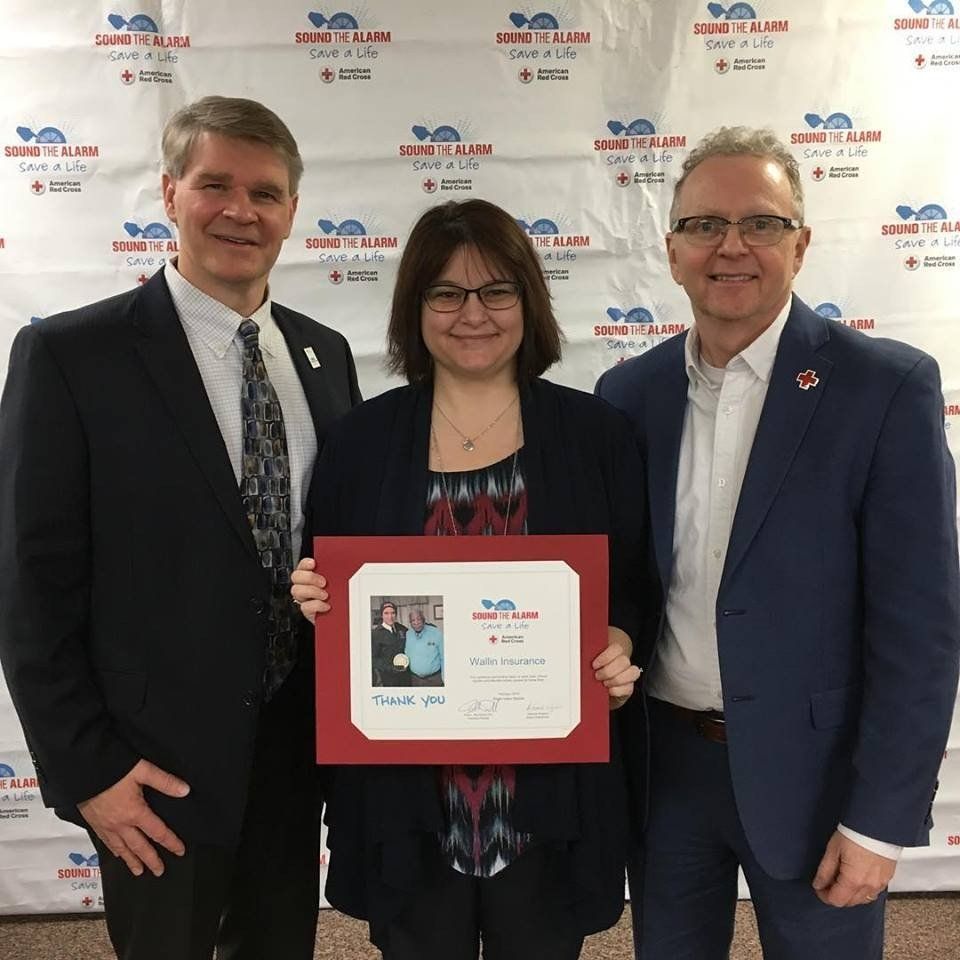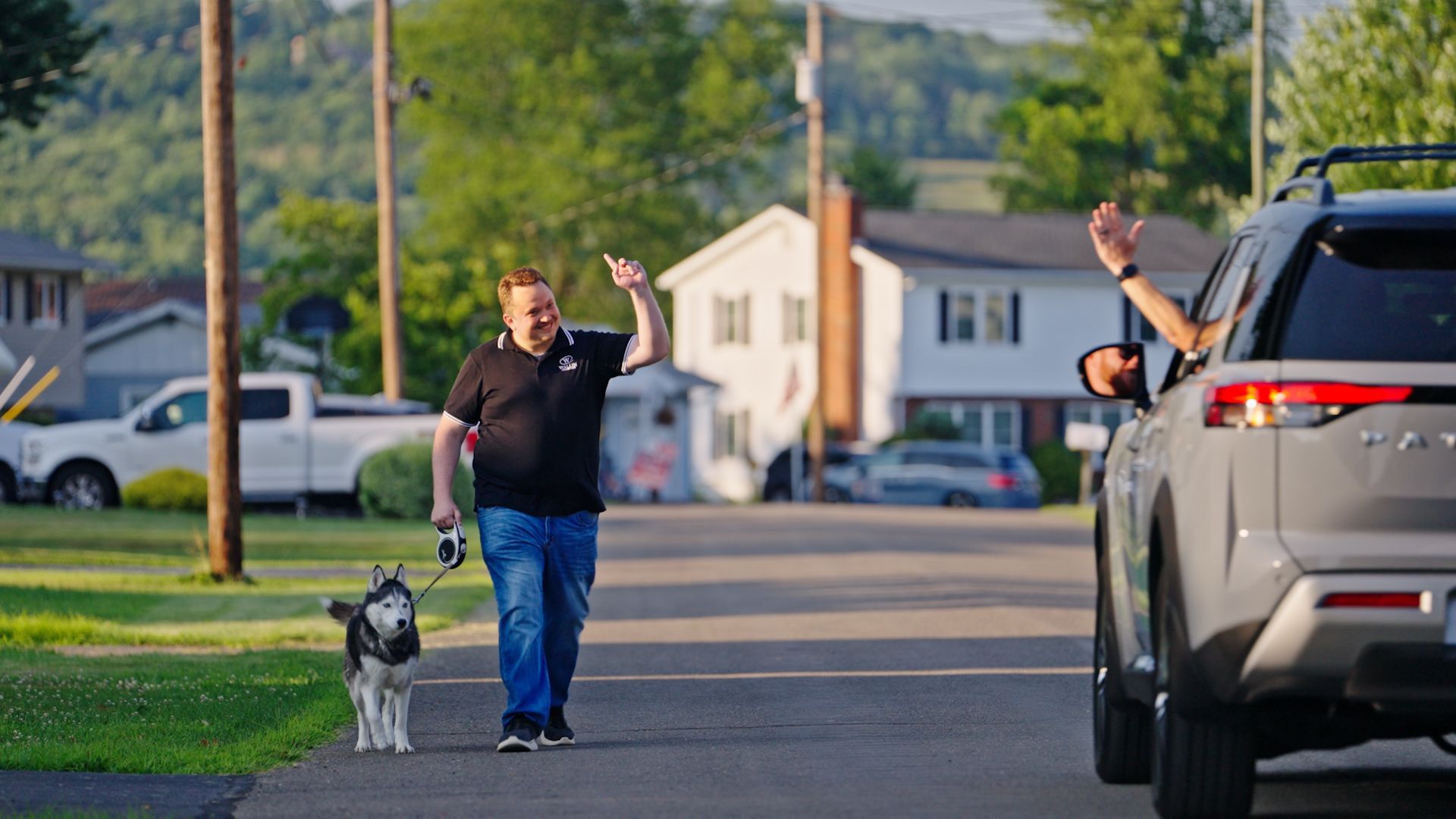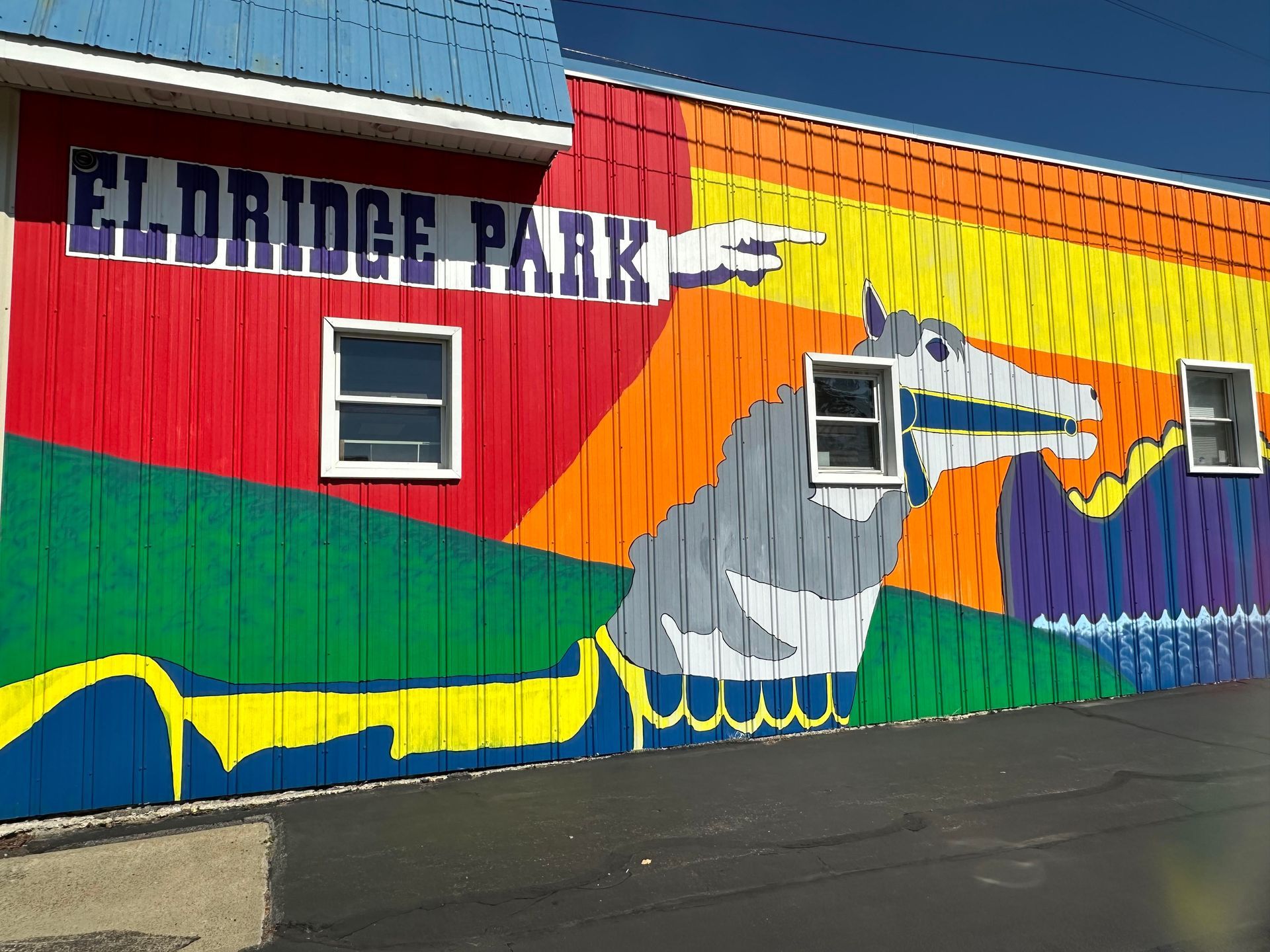Understand Your Insurance if you sit on a Non-Profit Board
It's vital to know if insurance covers you for your volunteer activities

Do You serve on a non-profit board in your community? Organizations include religious corporations, public-benefit corporations such as museums, hospitals, schools, recreation clubs and civic groups. While the officers may be paid employees of the organization, the board of directors commonly serve as volunteers. You are trying to do the right thing by offering your time, talent and treasures to assist the improvement of the organization.
How does insurance work if a problem occurs, like a lawsuit? What if there is an accusation of wrongdoing? Examples include an accusation of mismanagement of funds or if you are misquoted by your local media. What kind of protection do you as a board member have?
There is risk in nearly every activity, for instance, a board member may be held responsible for wrongful acts, whether intended or not. In fact, a Directors and Officers (D&O) survey revealed that nonprofits are twice as likely to be sued than public or private organizations. WHY? According to Dan Corbin, Director of Research at Professional Insurance Agents Association (PIA.ORG) the reason is quite simple: “Many times volunteers have plenty of passion, but they may lack the expertise and resources needed to avoid errors in the performance of their duties.”
Most non-profit organizations are founded as a Section 501 (c) (3) for the purpose of IRS and charitable reporting. A director or officer of a nonprofit should abide by three fiduciary duties:
- The duty of care, which requires members to act reasonably with regard to the management of the nonprofit's affairs
- The duty of loyalty, which prohibits members from using their position to further their own personal interests
- The duty of obedience, which requires members to run the organization in accordance with charters and bylaws, and to follow applicable laws.
Where is the insurance? While volunteers and directors can be held personally responsible for their wrongful acts, there are ways to get protection. As a board, they should discuss this topic and fully understand how insurance coverage works.
D&O Insurance While General Liability insurance provides coverage for the organization if there is a physical injury (like a trip and fall) a Directors and Officers policy covers the actions of the board. It is often a separate policy that can be purchased on an annual basis. This policy pays when allegations are proved against the organizations. Legal defense expenses are also covered.
A D&O policy is highly recommended to provide protection against an individual board member or the entire board. The non-profit organization can purchase insurance that provides coverage for the paid and nonpaid members or the organization.
Personal Insurance As a volunteer on a board there is coverage that can be extended from personal insurance. An auto insurance policy will cover accidents when used in the course of volunteer work (like driving for Meals on Wheels). Hme insurance will respond to injuries or property damage. An umbrella policy will add a layer of protection for lawsuits. Involving offenses like libel, slander and invasion of privacy. It is highly recommended that an umbrella be purchased for any individual who serves on a nonprofit board.
Bottom line While it is admirable to serve on a volunteer board, the possibility of a lawsuit exists. The best way to protect yourself is to be educated about the insurance policies that are available. Contact an insurance agent who has specific knowledge about working with nonprofit board.










